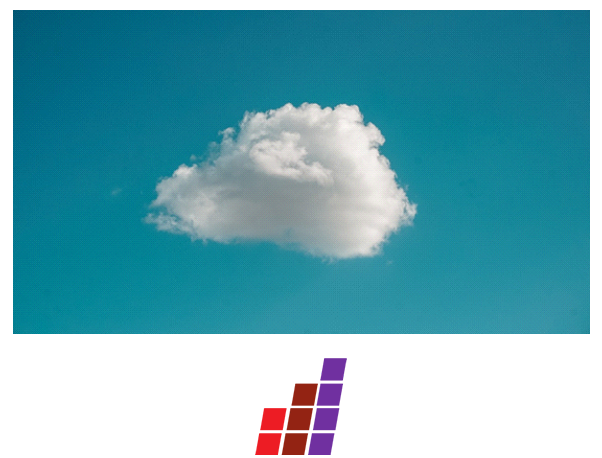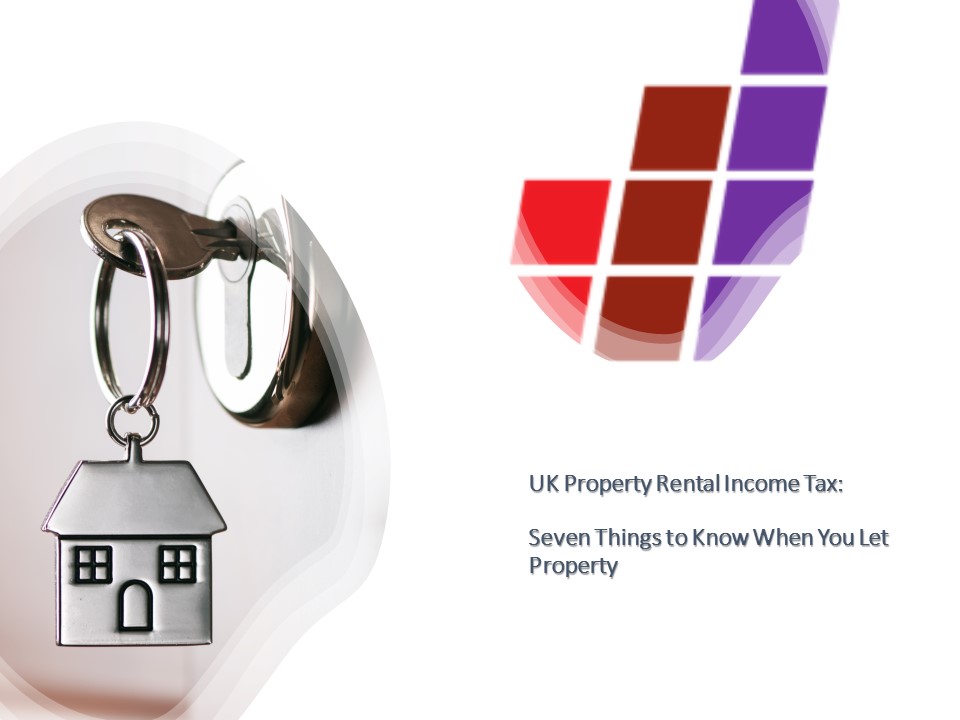3 Cloud Accounting Tips To Save Your Business Time And Money
3 Cloud Accounting Tips To Save Your Business Time And Money

Keeping on top of your accounts is a big part of running a successful and profitable business. But you don’t want to spend ALL your time dealing with accounting tasks, especially when that time could be spent building customer relationships, or developing new products etc.
So, how do you keep your finances in check, while also spending less time and money on your accounts?
- Bringing your accounting into the digital age
Switching to cloud accounting can be a revolutionary step for many business owners, especially when you look at the ways you can streamline and automate the basic accounting tasks. By using accounting platforms like Xero, QuickBooks, MYOB or Sage, you get all the basics of small business financial management, but with the benefits of smart automation.
With most modern cloud accounting software, you can:
- Automate the scanning and digitisation of your expenses and receipts
- Automatically reconcile your bank transactions with your invoices and bills
- Connect your accounts to other time-saving apps for mileage claims or staff expenses.
- Getting paid faster and with less admin
With a cloud accounting platform driving your business, you also make it easier to send out e-invoices and get paid faster and more effectively. Improving your payment times and cash collection can make a huge difference to your cashflow position, and also sets the right expectations with your customers – making it clear that you require to be made on time.
Using the invoicing function in your business software, you can:
- Quickly send out electronic invoices as soon as a job is completed
- Set up automated invoices to be sent out at pre-agreed points in a project
- Include payment buttons on your invoice, so customers can pay via PayPal or card
- Remove the barriers to payment and speed up payment times.
- Getting a better overview of your important numbers
Using cloud accounting isn’t just about automating the time-consuming financial admin tasks. By recording and tracking all the financial and non-financial data flowing through your system, your accounting platform can actually provide you with a goldmine of useful real-time information.
With cloud accounting providing your reporting, you can
- Access totally up-to-date real-time information, to improve your decision-making
- Track your performance against targets to see how well the business is performing
- Monitor spending and budgets to keep your cashflow under control
- Understand your return on investment when it comes to sales and marketing activity
- See how promotion has driven sales but reduced your profit, due to discounting.
Talk to us about setting up a more productive kind of accounting
If you want complete control of your finances and business decision-making, updating your accounting software and processes will be key to achieving that goal.
We can help you decide which accounting software is most suited to your business, and how to maximise the benefits you get from automation and real-time data.
Get in touch to talk through updating your accounting and you can request us here fee quote.
3 Cloud Accounting Tips To Save Your Business Time And Money Read More »






